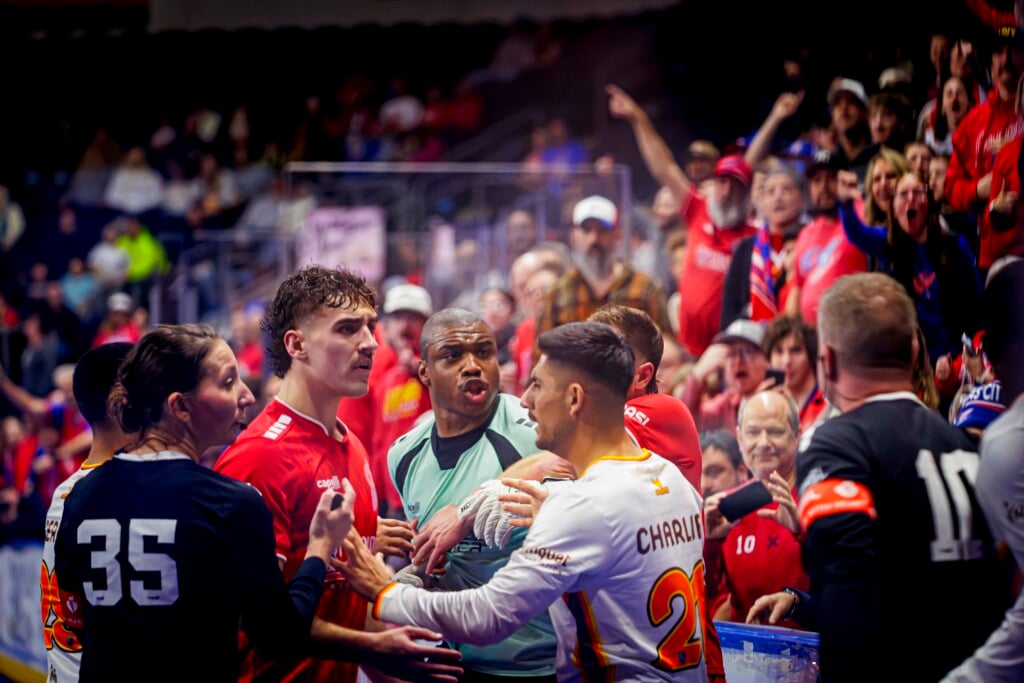Antonio Sánchez, drummer and composer, on the enduring appeal of Birdman; he’s at the Lied Center next week

Drummer and composer Antonio Sánchez is currently on one hell of a roll. His most recent album, Bad Hombre, is nominated for the Best Contemporary Instrumental Album Grammy, and the EPIX show he scores, Get Shorty, has been renewed for a second season. Finally, he’s touring a live version of his Golden Globe and BAFTA-nominated score for Alejandro González Iñárritu’s Academy Award-winning film, Birdman or (The Unexpected Virtue of Ignorance). That tour stops at the Lied Center on Wednesday, February 7.
Given all those spinning plates, it seemed like the right time to call up Sánchez and pound him with some questions. And because it’s Oscar season, we discussed things like the arcane rationale behind the Academy of Motion Picture Arts & Sciences’ Best Original Score determinations.

The Pitch: I was really excited to see that you’re bringing the Birdman tour through Kansas. How did that come to be?
Antonio Sánchez: Well, we’ve been doing this show for a little while, now. The first show was actually right before the Oscars. I did a show in L.A., and the show was basically to do a last little push of publicity. It came out so well, and everybody dug it so much, that we were like, “Well, why don’t we just do some more?” We’ve been booking gigs all over the place, and they’ve been fun, so it looks like it’s going to keep going for a little while.
Is the performance just you?
Yeah, it’s just me. That’s what’s cool about the whole concept: I don’t think there’s another setting where you would see a movie and just see a drummer on stage by himself, doing the whole soundtrack. It’s pretty unique. There are other movies where they have live music — Lord of the Rings, Harry Potter — but they do it with a whole symphony orchestra. The fact that it’s just me on stage with me and my drums doing the whole thing — and it’s mostly improvised — I think it’s a very unique thing for people to watch.
I spoke with Benoit Charest last year about his live score for The Triplets of Belleville, and for him, trying to keep up with everything while doing a live score was more like a classical performance, because there wasn’t much room for improvisation. This is changing from night to night, then?
I’m very careful to keep the dramatic effect that we achieved in the original film intact, but within that, every performance is completely different. That was the spirit of what Iñárritu wanted, anyway. It was for me to improvise, and to be free with it, and to react to my surroundings.
Now, a couple years later — now that I know the movie inside and out, and I’ve done the show a bunch of times — I wish I could go back and redo the full score, because I know it intimately now.
%{[ data-embed-type=”oembed” data-embed-id=”https://www.youtube.com/watch?v=Dx1SapjrgSI” data-embed-element=”aside” ]}%
What are the things you wish you’d picked up when you originally saw Birdman and scored it?
Timing is everything. Now that I know it really well, and I know the actors’ movements, the actors’ dialogue, and the intention that we were looking for on some of these takes — I think the score works great, but now I can really finesse it in a way that I wasn’t able to before. That goes for anything that I do.
For example, sometimes, you’ll write a bunch of music, you go into the studio, you record it, and then you go out and tour it, and that’s when you really start knowing the piece. I feel so much more comfortable now, doing this Birdman thing. Or when I play with my band, or with other bands. Once you play the music for a little while, then you really know what it is about. In the beginning, you’re just trying to make sense of it as you’re recording it.
Is that part of the appeal of the upcoming Channels of Energy release with Vince Mendoza and the WDR of Cologne, where you get to revisit some of your other compositions?
That’s been a lot of fun, because as we were doing it, obviously I’m intimately familiar with these tunes, because I wrote them and I’ve been playing them for a while, now. To hear them with a breath of fresh air in that setting — the big band setting, with the amazing arrangements that Vince Mendoza did — it was like listening to new tunes.
It was really cool to be performing them as we were recording them. I knew that I knew the tunes, but then, all of a sudden, this completely new section that Vince would write to kind of make his mission complete would come on, and it was like a completely different tune, in a way. That was a lot of fun, but at the same time, I knew them so well that the parts that were familiar to me, I felt incredibly comfortable with.
%{[ data-embed-type=”oembed” data-embed-id=”https://www.youtube.com/watch?v=jMq353yyp_A” data-embed-element=”aside” ]}%
Bad Hombre, your latest release, is nominated for a Grammy. Having won a Grammy before, is it less stressful this time around?
I don’t know if “stressful” is the right word, because I never expect to win. [laughs] I come in thinking it would be great — obviously, everybody wishes they would win. There are so many nuances to what goes on behind the scenes that lead to when you win, that I don’t expect much. I’m just enjoying the ride and I’m just happy that my name is now just kind of floating around the Grammys a little more, because I won five Grammys before: three with Pat Metheny, one with Michael Brecker, and then one with the Birdman soundtrack.
There’s always quite a kerfuffle around the other big awards, the Oscars, regarding the Academy of Motion Picture Arts & Sciences’ Best Original Score. What’s allowable in a score seems to be very opaque, and must be frustrating to composers such as yourself when Birdman was disqualified for using other classical music.
Those rules, like you say, seem to be very obscure, archaic, and arbitrary to me. The fact that I got disqualified, and then the next year, The Revenant got disqualified — it’s just ridiculous. They give out multiple Oscars for makeup or producers. Each of those people gets an Oscar. If multiple people can do the makeup, why can’t multiple people do the soundtrack, and not kind of disqualify the whole thing?
In my particular case, it was pretty obvious that an outsider jazz musician from Mexico that has nothing to do with the Academy or Hollywood or anything, it was kind of like, “Who is this guy, and why should we be rewarding this first-timer that just improvised on the drums?” That seemed the main reason as to why I got disqualified.
But, like I say, the controversy seemed to have helped more than an actual nomination. I don’t think that it would have won, but maybe a nomination would have just come and gone. The controversy led to it kind of sticking around for a long time, so that’s interesting.
Antonio Sánchez’s live score of Birdman or (The Unexpected Virtue of Ignorance) is at the Lied Center on Wednesday, February 7. Tickets and information on that show here.




